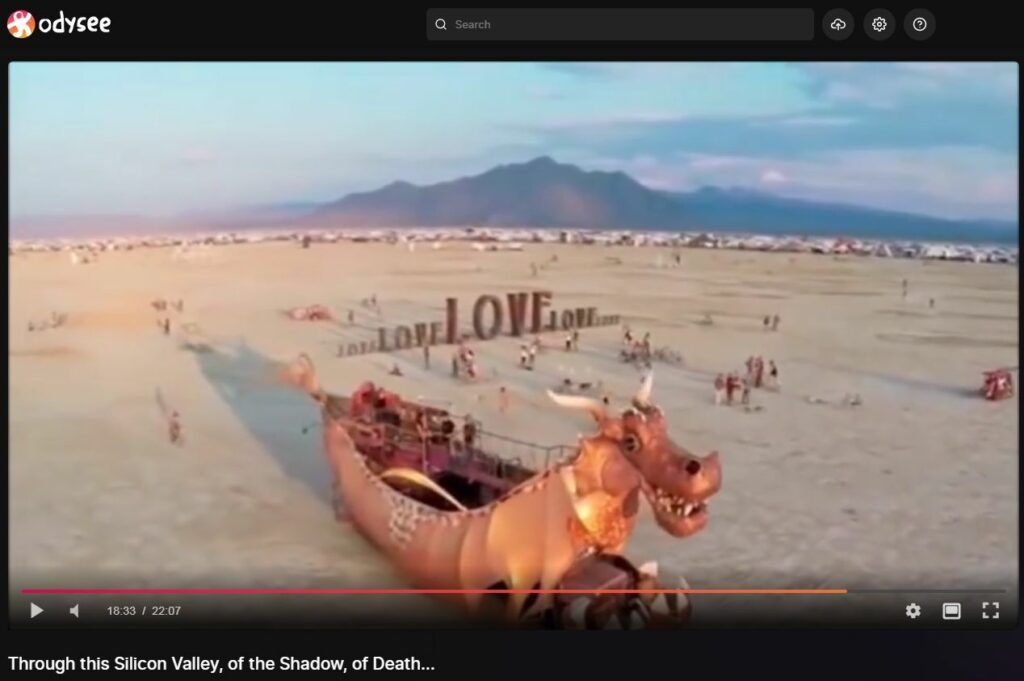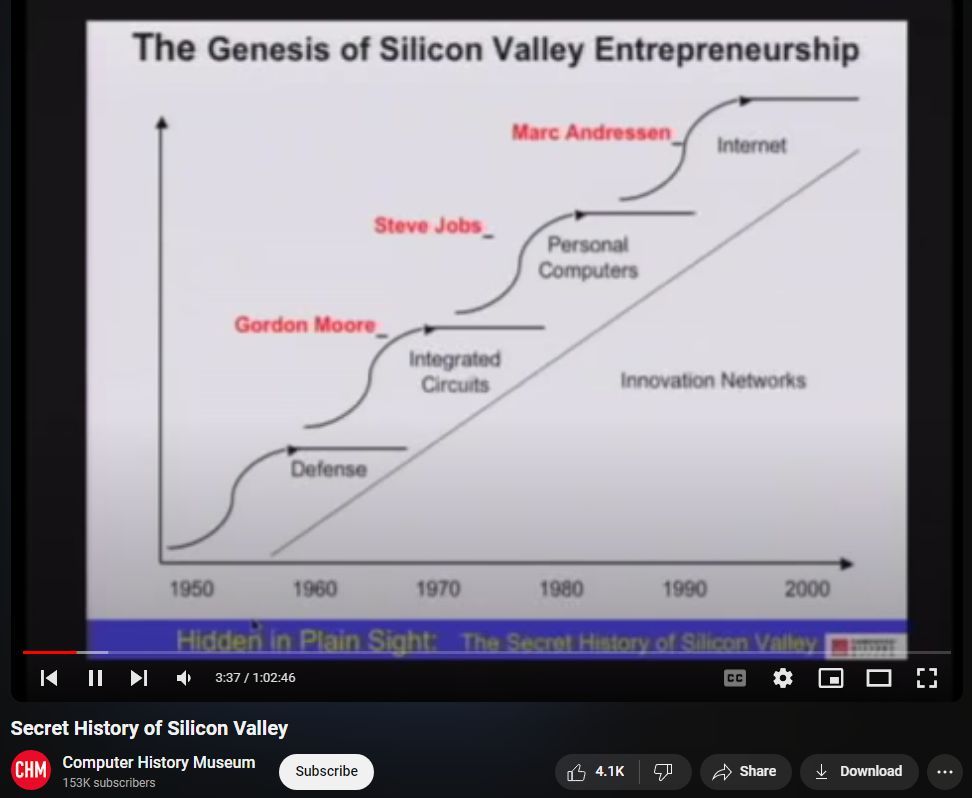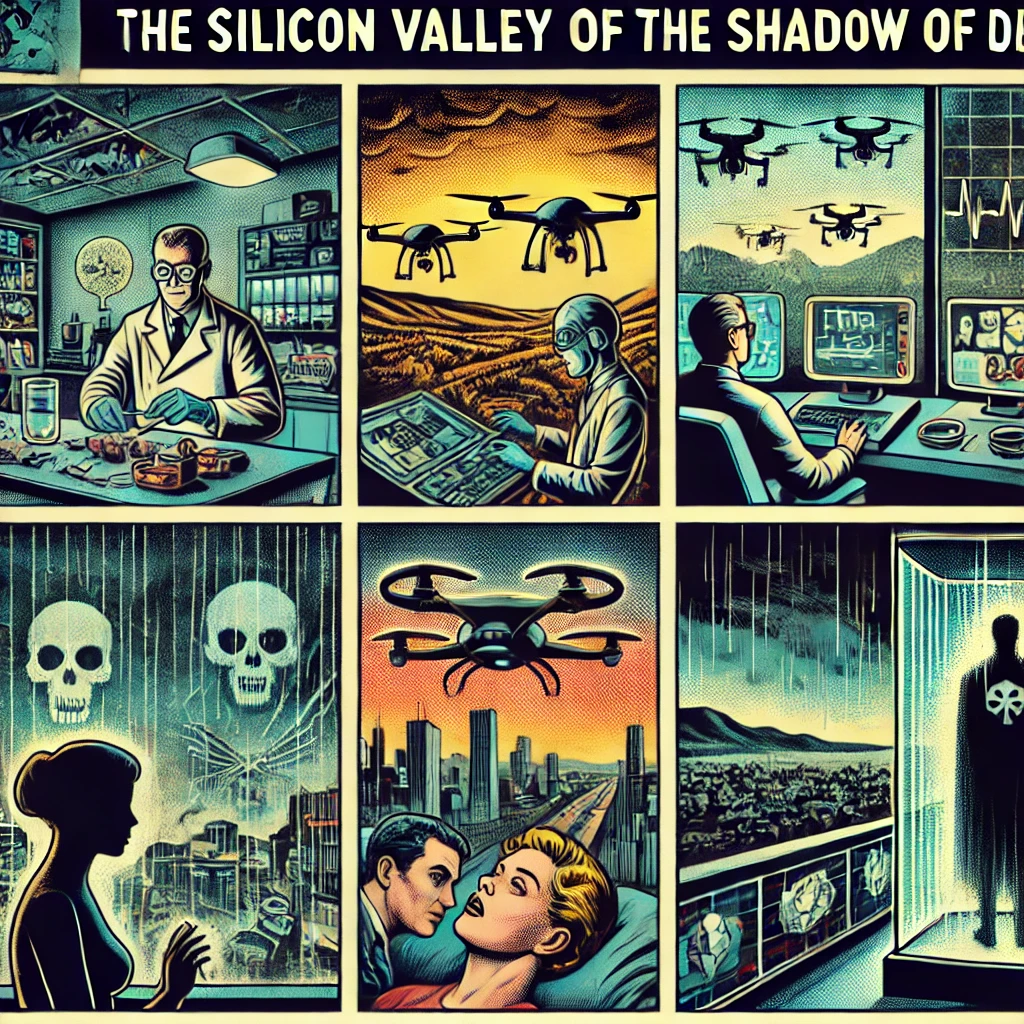The Silicon Valley of The Shadow of Death
https://odysee.com/@thetruthisstrangerthanfiction:3/through-this-silicon-valley-of-the:6
“You can’t separate ‘the Occult’ from Intelligence Agencies because the word means the same thing.” – Steve Outtrim

https://archive.org/details/youtube-6-iavULQkPk
https://burners.me/shadow-history/
The Silicon Valley of the Shadow of Death: Technology, Mortality, and Modern Ethics
Silicon Valley has long been synonymous with innovation, wealth, and the relentless pursuit of progress. Yet, in recent years, its allure has been shadowed by an increasingly pressing question: at what cost? In a world where technology intersects with life, death, and ethical ambiguity, some have begun to refer to it as “The Silicon Valley of the Shadow of Death.”
The Intersection of Technology and Mortality
This ominous moniker highlights a growing trend in Silicon Valley: its foray into technologies that directly impact human mortality. From AI-driven healthcare and life-extension research to autonomous vehicles and military applications of robotics, the industry’s innovations have significant implications for life and death. While some hail these developments as humanity’s salvation, others raise concerns about unintended consequences, misuse, and the erosion of ethical boundaries.
Startups focusing on “longevity tech” promise to extend life spans by decades, or even centuries, with advances in gene editing, wearable health monitoring, and personalized medicine. At the same time, artificial intelligence is being weaponized, either in the form of autonomous drones or in predictive policing systems that disproportionately affect marginalized communities. These developments provoke a chilling question: is Silicon Valley striving to play God?
The Dark Side of Progress
Technological advancements often come with unintended consequences. Autonomous vehicles, while poised to reduce traffic fatalities, have faced ethical dilemmas surrounding decision-making in life-or-death situations. Similarly, AI used in military applications raises concerns about accountability and the potential for catastrophic errors in judgment.
Moreover, the financial motivations behind these technologies often complicate their ethical implementation. Tech giants prioritize shareholder profit, sometimes at the expense of societal well-being. This focus on growth above all else has led to criticism that Silicon Valley is exploiting mortality as a market opportunity rather than addressing humanity’s broader needs.
Ethical Dilemmas in Tech
The rise of these technologies has also reignited debates around ethics and governance. Who decides how and when life-extension technologies are distributed? What safeguards should exist to prevent AI misuse? These questions are compounded by Silicon Valley’s tendency to operate outside traditional regulatory frameworks, often racing ahead of governmental oversight.
Furthermore, critics argue that the industry’s pursuit of innovation often disregards societal inequities. Life-extension technologies, for instance, may initially be accessible only to the wealthy, exacerbating class divides. Meanwhile, AI-driven systems used in law enforcement and healthcare risk perpetuating existing biases, disproportionately harming vulnerable populations.
Navigating the Shadow of Death
While Silicon Valley’s role in reshaping life and death is undeniable, it also has the power to lead the conversation on ethical technology. Responsible innovation, transparency, and inclusive policymaking are critical to mitigating the darker aspects of these developments. Some tech leaders have begun advocating for more ethical practices, calling for regulations and frameworks to ensure their creations benefit humanity as a whole.
A Reckoning for the Future
The Silicon Valley of the Shadow of Death is not just a critique—it’s a call to action. It invites us to reflect on the implications of technological progress and demand accountability from the corporations driving these changes. As we stand on the precipice of life-altering innovations, society must grapple with the profound moral questions they raise, ensuring that the march of progress does not trample the values that make us human.

